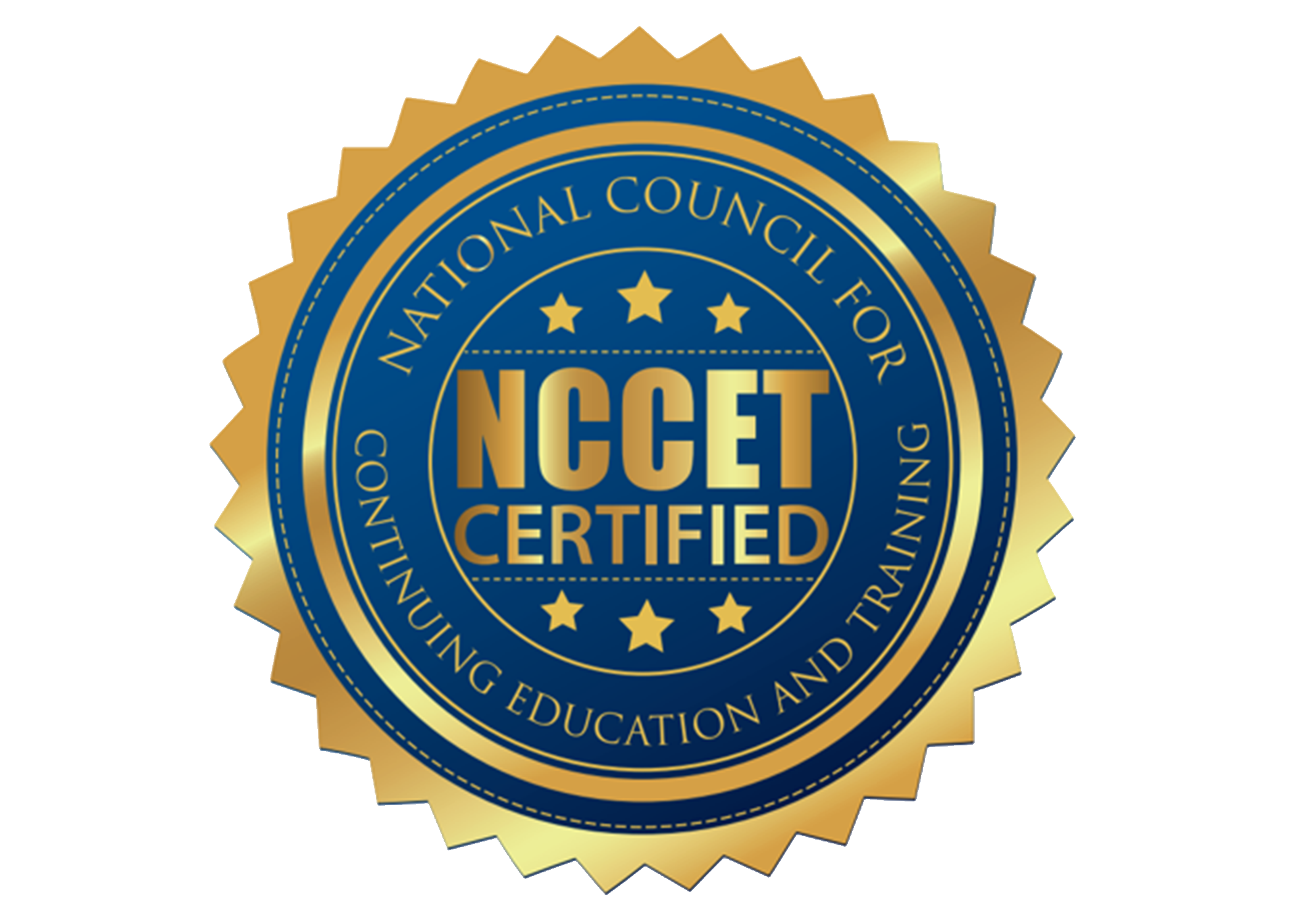There are many important factors in creating a successful remote business. Today I’m talking about the principle of connection vs. conversation. We all know that some companies have been more successful at operating remotely than others. But since COVID-19 came to the world stage, tens of thousands of employers have been forced to quickly make their businesses remote. Now that the basic conversion has been made, connection vs conversation should be considered when crafting the tools and systems to make sure that our business is one that transitions to remote successfully.
Much of the structure that exists in today’s internet promotes connection at the expense of conversation. Conversation in this context is a basic human need. Being aware of the difference in connection and conversation and how it applies to using remote tools can mean the difference in the success of our remote work environment. Let me explain.
What’s the difference between connection and conversation?
The difference in connection and conversation is about depth and quality. In today’s society, we tend to “connect” with one another over social media and text messages without having a deeper or more meaningful exchange. We may have 500 friends that we are connected to but go a year or more without having a conversation with any of them. In the context of today’s article, the exchange of surface information is connecting, whereas deeper discussion is a conversation.
Today our work processes have automated almost everything, and connecting instead of having true and meaningful conversations with the people around us has snuck into our lives and made itself at home. It’s also been proven that little bits of surface connection do not add up to emotionally equate to that bigger deeper conversation and interpersonal exchange.
Why is conversation so important?
It turns out that we as humans need conversation for our mental health. Studies report that the deeper conversation and social relationships improve longevity, strengthen the immune system, lower anxiety and depression, and improve self-esteem, empathy, trust, and cooperation. Happier employees are also more productive employees.
While conversation is normally important to mental health, since the coronavirus pandemic arrived the entire world population got dealt an extra dose of stress. Simultaneously as “safer at home” orders are mandated, many of the ways we used to connect are no longer options. Our need to connect has risen while our options for doing so have disappeared.
Not only do we all need meaningful exchange as human beings, but communication also requires us to consider someone else’s point of view. Conversation by nature is a method of exploring new ideas and outlooks which are fodder for creativity and innovation in all aspects of our lives.
How are we connecting?
Think for a minute of the stereotypical picture of a teenager glued to their smartphone who is communicating non-stop. “Well connected” seems like the polite way of explaining this behavior but it turns out the people that we thought might be the most connected may be the most disconnected.
Using conversation is important not just for that stereotypical teenager. It is important for anyone of any age whose interaction has shifted to email, text, and social media. The hit on surface connection also isn’t restricted to texting or emailing, it includes one-way information flows: like the news or sit and get webcasts with little to no interaction. Content of our communication is also important. We need to exchange information not just about things we’ve read or seen, but share our own experiences, thoughts, and feelings.
The simulated or instant compassion and understanding we get by posting a Facebook rant or talking to a customer service representative is much easier to get. But it doesn’t give us the same inner satisfaction as a meaningful conversation with a friend, neighbor, family member, or other human who genuinely cares about us and shares their compassion and empathy. We’ve become so starved for deep and meaningful exchange, and so used to immediate gratification that we’ve substituted these exchanges for one another.
How am I using connection incorrectly?
Some typical signs of shallow connection vs deeper conversation in the work world include:
- Texting, emailing, or reading posts or emails during work meetings. When we multitask in meetings, we are refusing to be told where we spend our attention and time. This may be because we feel our other tasks are more important, or it may be because the meeting is inefficient or includes people that don’t need to be included. A leader can respectfully ask for no technology while making sure that meetings are efficient, necessary, and include only necessary parties.
- Using headphones (constantly). I know more than one person that needs background sound to be more efficient. But headphones send a message to stay away. That’s okay, but those people that like music or background noise must be sure to have times when they give them a break; and make sure to welcome conversation, even with them on.
- Sending an email or text for a sensitive topic. When faced with a difficult discussion, some people avoid confrontation by sending an email or text. Email, text, and social media have their place but they are not a substitute for actual conversation.
How can I use conversation right?
Making an effort to be personally present and emotionally invested requires valuing and prioritizing deep interaction with others. It also often requires proactive effort: we must consciously choose to share about ourselves and create a safe space for others to share about themselves.
- Assess your professional and personal lives: Just as we would audit our business finances, audit communication choices overall. Is there anywhere you’ve let connection replace conversation? Take time to think if a personal call, conversation, or (gasp) meaningful letter may be more impactful or meaningful than an email, text, or tweet.
- Keep meetings focused: When you ask for other’s time, respect it and keep meeting content tight and relevant. Go to meeting facilitation training to help you keep your meetings efficient and effective – it’s not the most popular training, but after you take it, you’ll wish everyone was trained.
- Allow for small talk and personality: In general, allow for colleagues and staff on the clock to talk about their dogs, their kid’s ballet class, or their foray into learning to cook or brew beer. Don’t let this time overrun meetings or involve overly personal sharing, but do encourage it to exist. Purposely join video calls ten minutes early to be available for conversation, or stay ten minutes late. Don’t forget to start your conversation with a “hello” and “how are you?” Sometimes in the quest to get something done we forget basic manners.
- Be present. Work while you’re at work. Focus on family while you’re with family. Be present with the person you’re talking with, not also texting with someone else on your phone.
Final Thoughts
Remember that connection vs conversation often boils down to cultural values as well and starts with leadership. Now that the rush to move our workforce home has ebbed, consider how well you’re connecting with that workforce and allowing them to connect to each other.
While we’re at it, have some patience and give yourself a break. A real conversation takes time and often the best bits of information come after some discussion, some willingness to hear the other person or relate to them. Then and only then do we glean some new gem that allows us to figure out a puzzle. Even if that puzzle is how to get Fred to process our invoices faster.
These unusual times call for innovation and creativity – which take energy and a growth mindset. Think about how you’re managing your employees, colleagues, and customers and ask yourself: how am I doing in establishing conversation over connection?
References:
- Newport, C. (2019). Digital Minimalism.
- Turkle, S. (2012, April 21). The flight from conversation. The New York Times. https://www.nytimes.com/2012/04/22/opinion/sunday/the-flight-from-conversation.html?pagewanted=all
- Sapolin, D. (2013, Nov 25). The lost art of conversation and connection. Forbes. https://www.forbes.com/sites/nextavenue/2013/11/25/the-lost-art-of-conversation-and-connection/#25f0057f31bb
- Cacioppo, J.T., Patrick, W. (2008, Aug 17). Loneliness: Human Nature and the Need for Social Connection.
Looking to engage with colleagues?
Brush up your interpersonal skills with our excellent training! Find out more at our 5GAcademy page!


